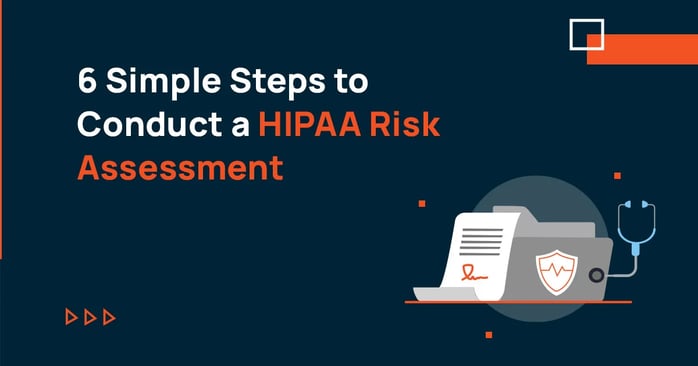Are you ready to learn more?
Talk to one of our policy management experts today!
Policy management resources, best practices articles, guides and how-to's can help optimize your processes.
Contract management resources, articles, guides and how-tos can help you improve efficiency.
Resources, best practices, articles, guides, and how-tos to effectively manage incidents.
Articles and guides on conflict of interest disclosure on how to properly handle potential conflicts.
Strategies on building frameworks for managing risks and staying up to date with regulatory developments.

Healthcare providers and insurers may sigh in relief at the Department of Health and Human Services’ Office for Civil Rights’ delays in HIPAA audits, but recent data breaches and cybersecurity attacks suggest that they should not wait in performing HIPAA security risk assessments and reevaluating security reinforcements.
HIPAA establishes the standard for protecting sensitive patient data, and its flexible design enables healthcare entities to establish their own policies and procedures that work best for their own operations and the protection of their facilities’ private health information (PHI). Without completing a HIPAA risk assessment and understanding your organization’s vulnerabilities, however, it’s nearly impossible to properly create and implement HIPAA policies and procedures, much less safeguard private and personal patient information.
What steps should healthcare organizations take to undergo a HIPAA risk assessment and prepare for an audit?
Most importantly, recognize that risk analysis should be an ongoing process. As technology and healthcare regulations evolve, so do potential security risks and non-compliance issues, so it’s critical to continually evaluate and update your organization’s processes and protections to lessen the threats of security breaches and non-compliance.
Are you ready to learn more?
Talk to one of our policy management experts today!